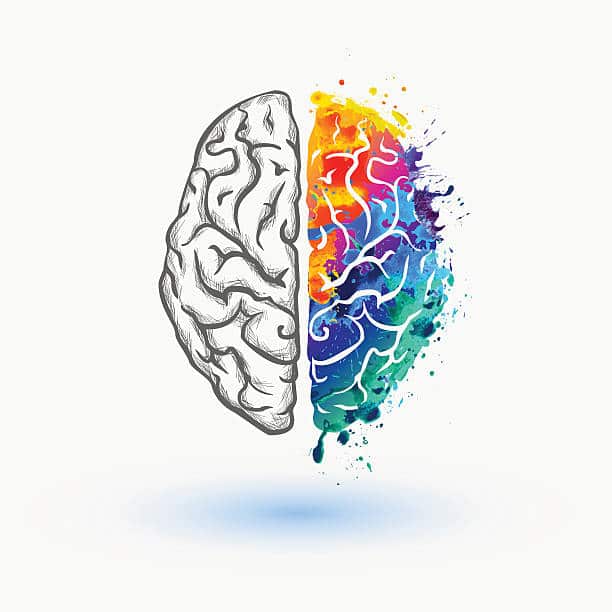The Psychology course at Forest covers a range of the most interesting and current areas of research in Psychology from how early relationships with our caregivers affect relationships later in life, mental health issues including schizophrenia to understanding why people commit crime. A core aspect of the course is understanding how to investigate human behaviour and there will be opportunities to complete practical investigations to enhance this learning.
Students will be fully supported in their development in Psychology with support clinics and intervention. There will be opportunities for students to enrich their learning in Psychology through trips and guest lectures. In addition, students will be supported in gaining practical experience designing and conducting practical investigations in Psychology.
Studying A Level Psychology enables students to gain an understanding of how humans think, feel, and behave as well as how the interaction of our biological and environment shape us.
- Students will develop knowledge of theories in Psychology and apply these to novel scenarios.
- Students will evaluate theories in Psychology, developing an appreciation of ethical and practical implications of these theories.
- Assess the validity of research studies investigating theories in Psychology, suggest modifications and design research studies.
A Level Psychology
For A Level Psychology, students will sit three examination papers:
- Paper 1: Introductory topics in Psychology (96 marks, two hour written exam worth 33.3% of the total grade)
- Paper 2: Psychology in context (96 marks, two hour written exam worth 33.3% of the total grade)
- Paper 3: Issues and options in Psychology (96 marks, two hour written exam worth 33.3% of the total grade)
Curriculum Map
Studying Psychology will lead to the development of a range of transferable skills that will benefit preparation for a wide variety of careers. Some examples are:
- Critical thinking skills: you will need to assess the validity of a range of theories in Psychology, considering their practical application, ethical concerns, and comparison to alternative theories.
- Problem solving skills: You will need to assess best treatment methods for those with mental health issues and for offenders. Furthermore, you will need to be creative when designing practical investigations when weighing competing demands of validity of research, the practicality of completion and the impact on potential participants.
- Communication skills: studying Psychology will involve the discussion of sensitive topics, which require the development of excellent interpersonal skills to manage this with tact while also being able to assert important points. A precise and scientific writing style will be developed during the course to communicate answers to examination questions, including essays.
- Research skills: you will need to complete some independent research and research in Psychology, and the pursuit of this in areas of your interest will be immensely rewarding. There will be opportunities for you to design and conduct your own practical investigations and analyse the data gathered to interpret the results.
- Flexibility: the range of skills that are developed when studying Psychology can be applied to a range of subjects and careers. There is the development of scientific knowledge, understanding people better, written and verbal communication skills and data interpretation skills.



